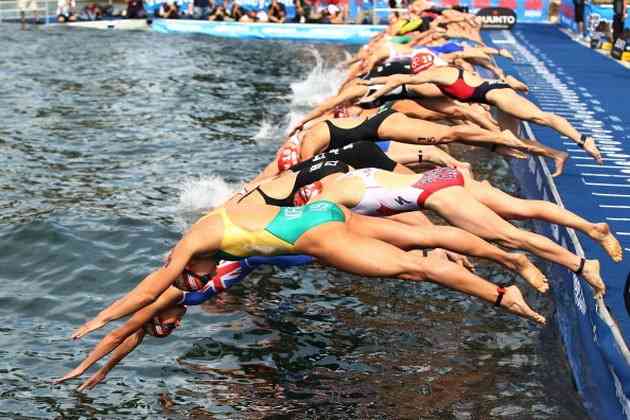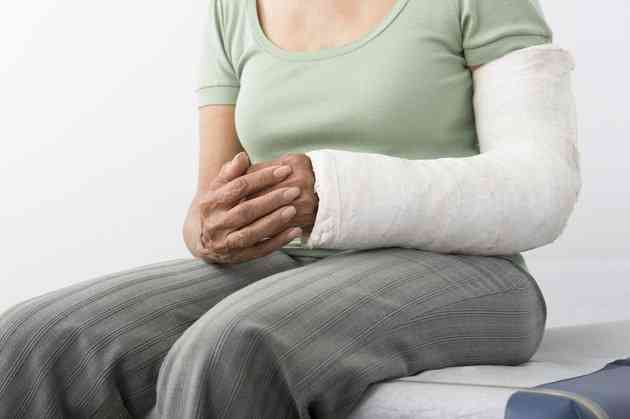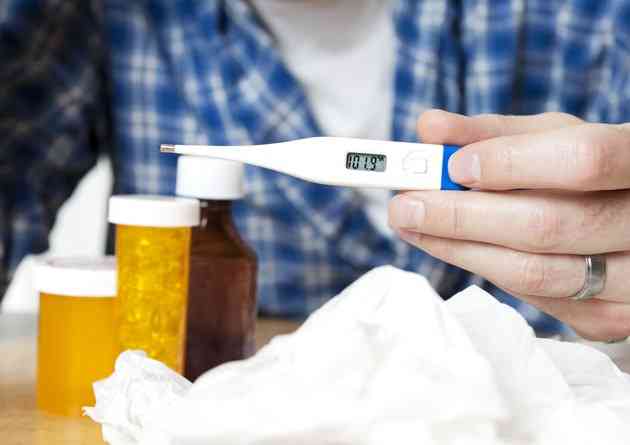How Long for Cholesterol Count to Go Down After Eating Fatty Food?

While a blood test to determine your cholesterol level can be done anytime, for the most accurate results it is best to fast. Different foods such as fatty foods have varying effects on cholesterol levels and if you test too close to eating, you may not get accurate results. If you are concerned about your cholesterol levels and preparing for a test, your physician will tell you what foods to avoid and how long you should fast for.
 A young woman is eating a hamburger. (Image: Matthew Ennis/iStock/Getty Images)
A young woman is eating a hamburger. (Image: Matthew Ennis/iStock/Getty Images)Cholesterol Blood Test
If your doctor orders a blood test to determine your cholesterol level, the test may actually be used to find the level of several different lipids. This includes your total cholesterol level; the bad kind of cholesterol, which is low-density lipoproteins, or LDLs, and the good kind of cholesterol, which is high-density lipoproteins, or HDLs. A cholesterol test may also be used to determine your level of triglycerides which is a type of fat that travels in the bloodstream as well as very-low-density lipoproteins, or VLDL s, which transport fats around the body. Since food can influence cholesterol levels your doctor may ask you to fast before having your blood drawn, says MedlinePlus.
Fat Digestion
The digestion time for foods depends on the type of food you eat and how well your digestive system is working. All types of food must be changed into smaller molecules of nutrients before they can be absorbed into the blood and used by the body. After traveling through the esophagus food is pushed into the stomach where it can be mixed with digestive juices. Fats spend the most amount of time on the stomach as they take the longest to break down, notes the National Digestive Diseases Information Clearinghouse. After leaving the stomach fat molecules are broken into smaller molecules such as fatty acids and cholesterol and released into the bloodstream. These fat molecules are either used right away for energy or taken to fat cells to be stored.
Fats and Cholesterol Level
Since everyone's digestive process is different and because many other factors can influence how long it takes for your body to digest food, there is no one set amount of time that it takes for the level of cholesterol and fat in the bloodstream to decrease. A general guideline is to fast between nine to twelve hours by consuming only water during that period, according to Cleveland Clinic. Fatty foods can actually affect triglyceride levels even more than cholesterol levels. Fats, alcohol and simple sugars can all drive triglyceride levels up for hours.
Considerations
The type of test you need will determine if you have to fast or how long you have to fast for. A total cholesterol test or a test to determine your HDL levels can be done without fasting. A test to determine your LDL or triglyceride level should be done after fasting, reports the Harvard Medical School, mostly because fatty foods drive up triglyceride levels. However, some medications, illness, stress, infections, injuries, a stroke or heart attack can also influence cholesterol levels no matter what type of food you eat. Given the complexity of your digestive process and the various factors that can influence your cholesterol levels, consult your physician for the best way to test and bring your levels down if necessary.




